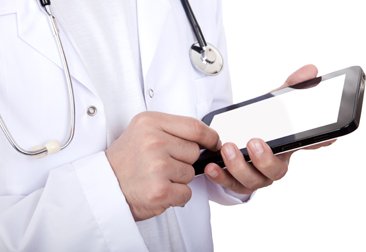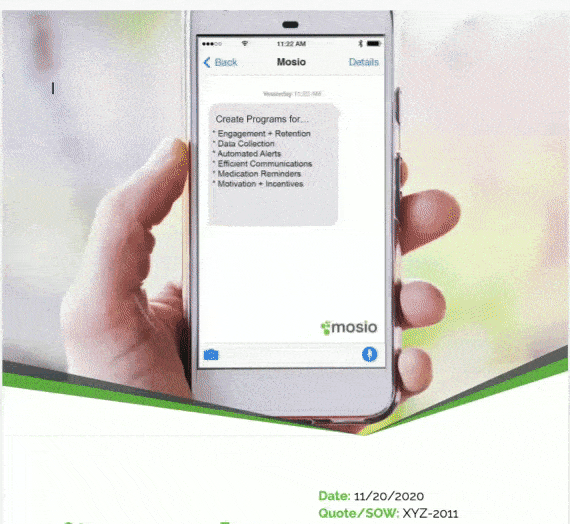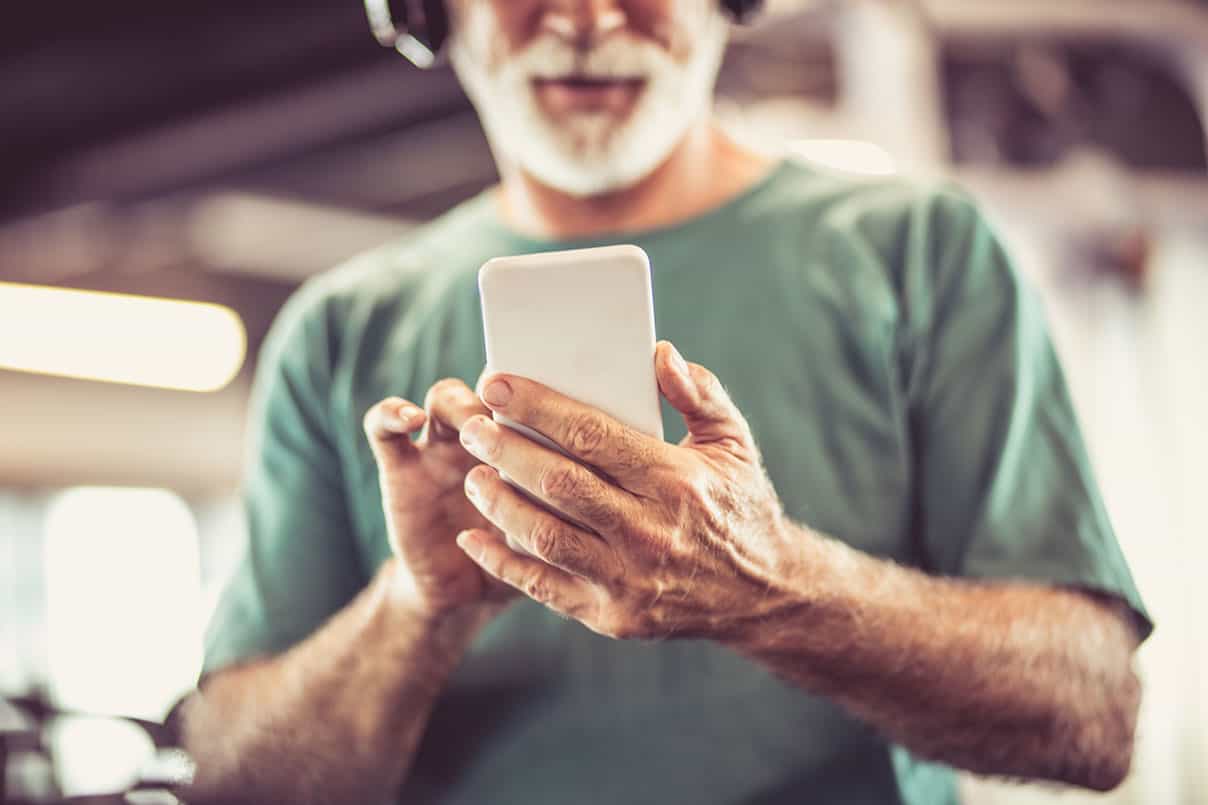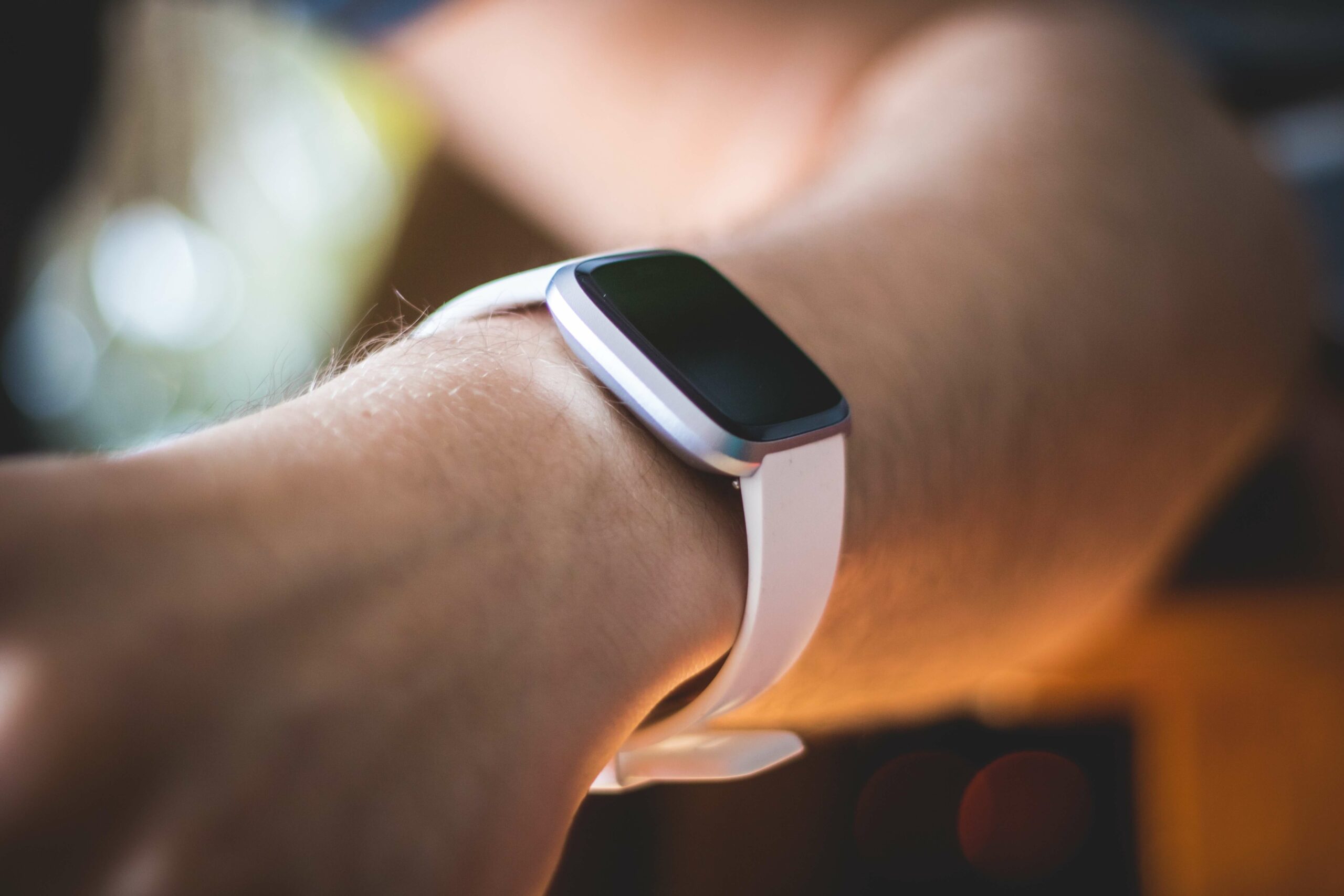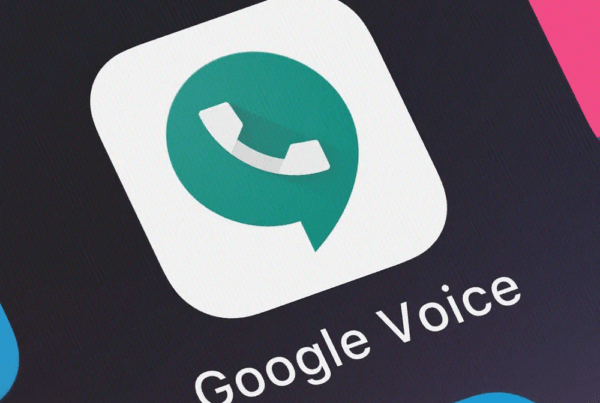In an economy where grants and funding are few and far between, success in research trials is vital. As blogger Mike the Mad Biologist points out, it is almost as hard to get an NIH grant, as it is to get into Harvard (6% acceptance rate for the class of 2016). Paylines for 2013 R01 grants are currently set at 8 percentile for non-new PIs and 12 percentile for new PIs.
When academic researchers are expected to teach classes, hold office hours, and apply for funding, all while completing research, what can be done to increase the rate of overall success?
Mobile health technology now enables researchers to expedite enrollment for studies, provide automated reminders to patients, and remotely complete surveys, forms, and diaries.
Mobile Health Technology Benefit #1: Pre-Qualification Surveys
Flyers for studies can include a phone number for potential research subjects to text to complete a short pre-qualification survey. Based on their responses, follow-up can be performed to recruit patients onto studies. Academic researchers can then save time in the recruitment process for studies, and focus more on enrollment, study visits, and obtaining data.
Mobile Health Technology Benefit #2: Automated Patient Reminders
Text message reminders can be sent out to patients on an automated schedule, allowing researchers to increase compliance and retention effectively and nearly effortlessly. These reminders are helpful for medication compliance, appointment attendance, diary completion, and more, especially on college campuses where, as Sprint studied, more than 98.8% of students have a cell phone, and 97% of students use texting as their main form of communication.
Mobile Health Technology Benefit #3: Text Message and Mobile Web ePRO
To minimize time-consuming, additional patient visits, both text messaging and the mobile web enables ePRO to be completed remotely and at any time of day. Text message surveys are available with various types of formatting, such as multiple choice answers. Mobile web surveys are also available for longer diary entries, patient satisfaction surveys, and study forms.
Mosio for Research provides Mobile Health Technology support for academic research studies. To learn more, visit http://www.mosio.com/research.
Author: Emily Waller holds an Honors B.S. in Biomedical Engineering, has worked on numerous clinical trials, and as a medical & technical writer. She writes to promote innovative ideas in healthcare, technology, and research within the online community. She also loves photography, neuroscience, and household DIY projects.
—
Joining the Patient Recruitment and Retention (PR+R) Group on LinkedIn helps keep you updated on mHealth!
Interested? Get a quote for Mosio’s patient engagement solutions.



